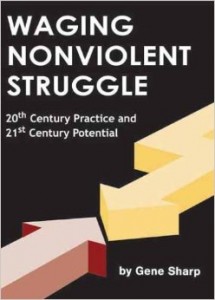 Extrait de l’ouvrage: Facing Acute Conflict; 224 p.
Extrait de l’ouvrage: Facing Acute Conflict; 224 p.
Pour consulter l’ouvrage complet, veuillez cliquer sur Facing Acute Conflict
All conflicts are not equal
We live in a world of many conflicts, and we have a responsibility to face many of them. Not all conflicts are equal. Some are much more important than others, and in some conflicts the issues at stake are more difficult to resolve in acceptable ways than are those in other conflicts. Where the issues are of only limited importance, the difficulties in reaching a resolution are often small. Potentially, we can split the difference, agree on a third option, or postpone dealing with some issues until a later time. Even in these lesser conflicts, however, the group with a grievance requires effective means of pressing its claims. Otherwise, there is little reason for one’s opponents to consider those claims seriously. There are, however, many other conflicts in which fundamental issues are, or are believed to be, at stake. These conflicts are not deemed suitable for resolution by any methods that involve compromise. These are “acute conflicts.”
Waging acute conflicts
In acute conflicts, at least one side regards it as necessary and good to wage the conflict against hostile opponents because of the issues seen to be at stake. It is often believed that the conflict must be waged in order to advance or protect freedom, justice, religion, one’s civilization, or one’s people. Proposed settlements that involve basic compromises of these fundamental issues are rarely acceptable. Likewise, submission to the opponents, or defeat by them, is regarded as disastrous. Yet, compromise or submission is often believed to be required for peaceful solutions to acute conflicts. Since these are not acceptable options for the parties involved, people therefore believe that it is necessary to wage the conflict by applying the strongest means available to them. These means often involve some type of violence.




Vous devez vous connecter pour laisser un commentaire.